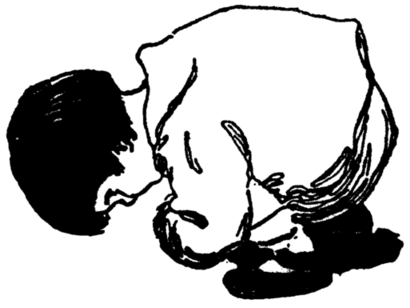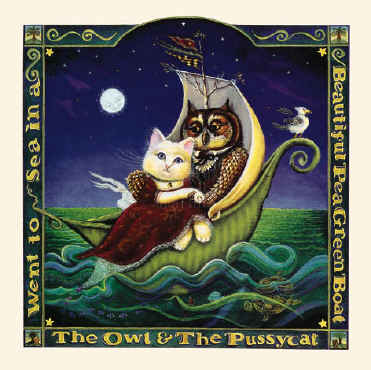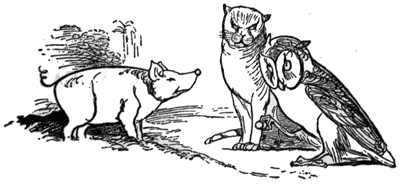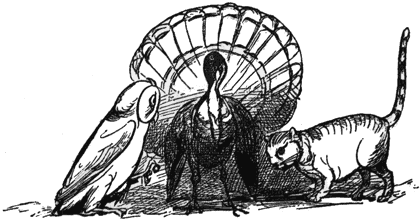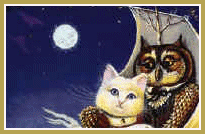I have quoted TS ELIOT and his labeling of the poet's life as A MUG' GAME. Let's look at his words again.
"[Poetry] may make us from time to time a little more aware of the deeper, unnamed feelings which form the substratum of our being, to which we rarely penetrate; for our lives are mostly a constant evasion of ourselves." "Poetry is not a turning loose of emotion, but an escape from emotion; it is not the expression of personality, but an escape from personality." "As things are, and as fundamentally they must always be, poetry is not a career, but a mug's game. No honest poet can ever feel quite sure of the permanent value of what he has written: He may have wasted his time and messed up his life for nothing. "
These words above were written not by someone who hated poetry but by one of the greatest of modern poets--T.S. Eliot
However I am beginning to see things differently now. I do see the Mug's Game aspect in the competitive and collusive world of Poets, who are created in MFA programs and then committed to producing a certain type of fashionable workshop poem. But that has never been my fate--much as I sometimes wished it were.
I chose the path of scholar and poetry was always to me a sort of secret and familiar pleasure associated with my mother and the ways that she loved to read and write poetry. There has been an intimacy and consolation for me in poetry since childhood.
WE HAD OUR SACRED RITES OF POETRY
On weekends after my father had left us and we were a household of females, on Saturday nights after my sisters were bathed and asleep--finally--and when Aunt Anna was off at a dance or movie, my mother took out her anthologies of poetry and sitting at the kitchen table we read the poems to each other.
My mother would make up poetry games--we would take turns picking a poem that we liked and reading it aloud and then explaining why we picked the poem. I often laugh thinking of how her little games shaped me as a future English professor--what better way?
My mother loved Yeats and Houseman and knew many of their poems by heart. And so do I.
Here is one of her favorites by Yeats ,
WHEN YOU ARE OLD
When you are old and grey and full of sleep, And nodding by the fire, take down this book, And slowly read, and dream of the soft look Your eyes had once, and of their shadows deep; How many loved your moments of glad grace, And loved your beauty with love false or true, But one man loved the pilgrim soul in you, And loved the sorrows of your changing face; And bending down beside the glowing bars, Murmur, a little sadly, how Love fled And paced upon the mountains overhead And hid his face amid a crowd of stars.
Here is one that she often recited aloud from
THE SHROPSHIRE LAD by A.E.Houseman
WITH RUE MY HEART IS LADEN
|
